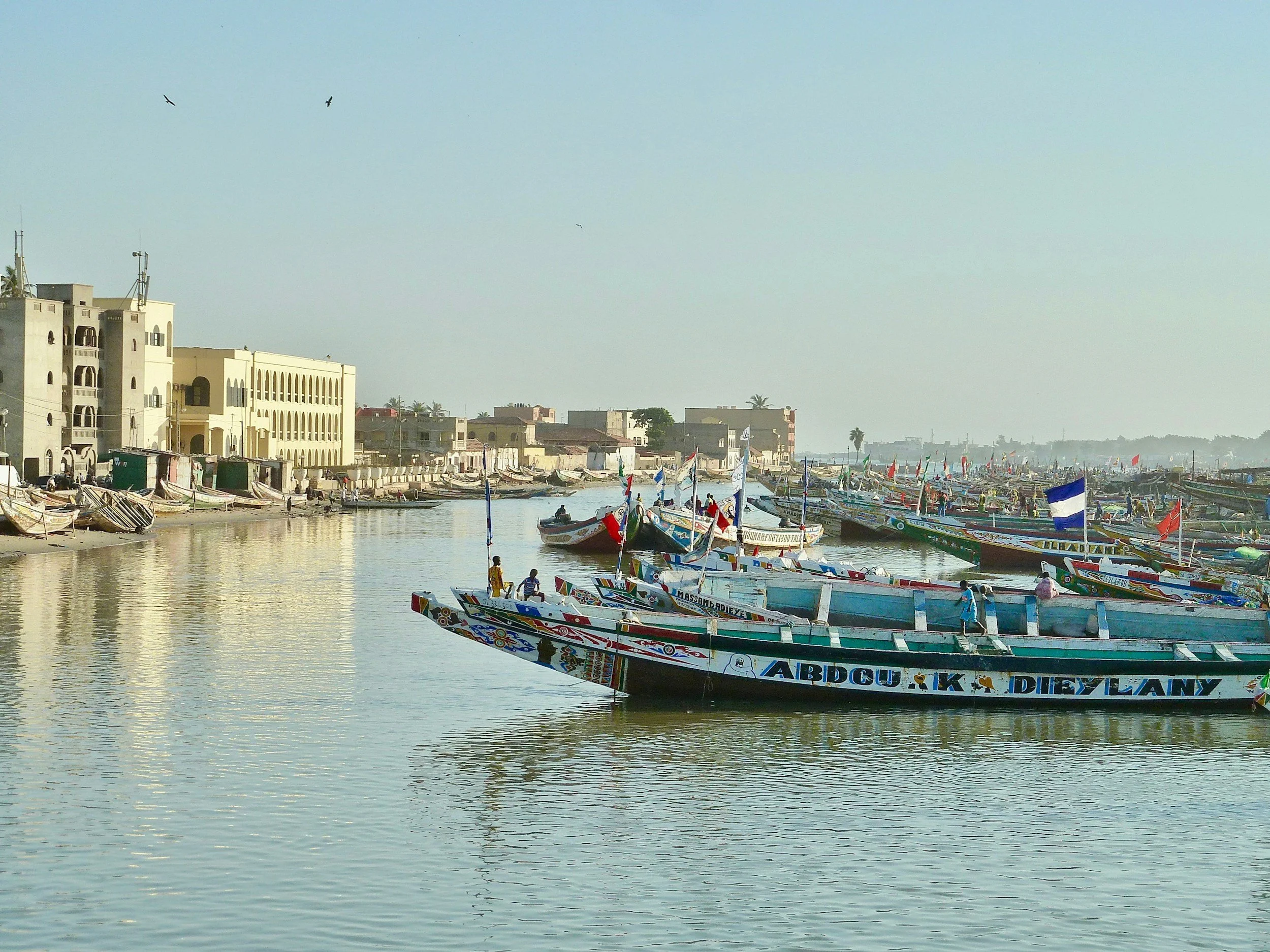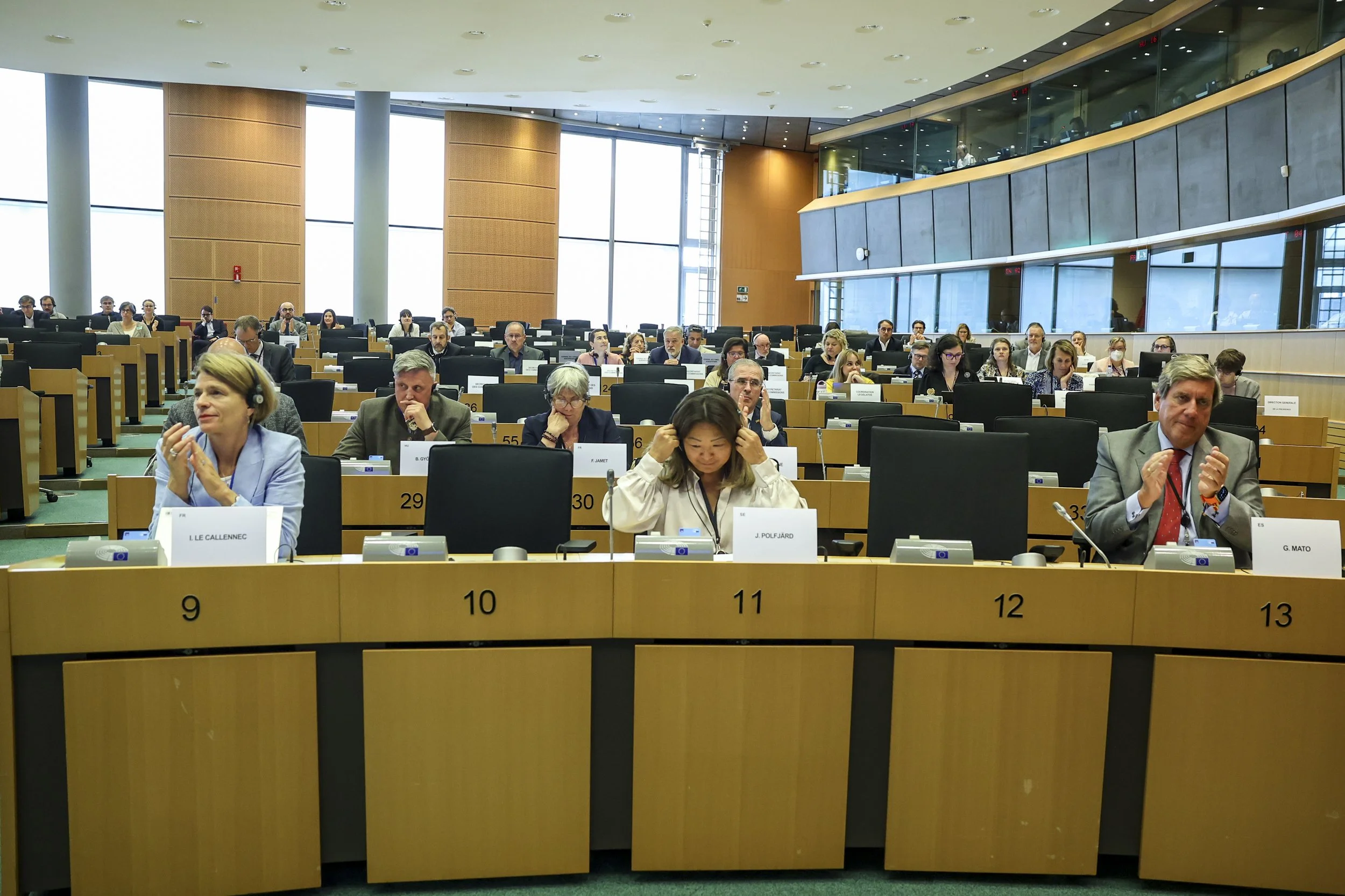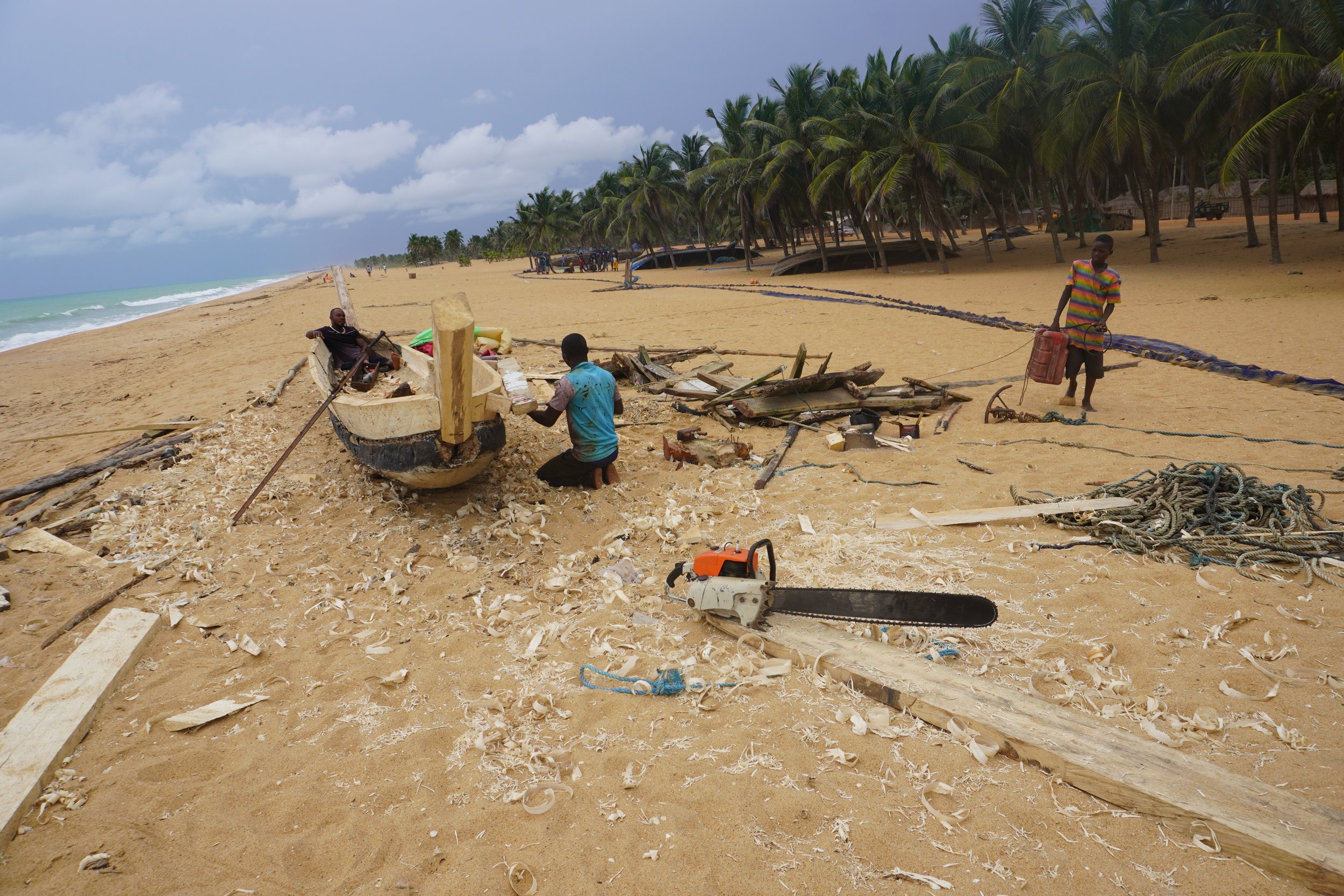"In fisheries and biodiversity management, women are a driving force"
European Ocean Pact: small-scale fisheries insist they are part of the solution
8th OACPS Ministerial meeting declaration: "SSF are the mainstay of OACPS' fisheries sector with enduring roots in traditions and values"
Costas Kadis: “the EU Ocean Pact will be a model of sustainability, good governance, and coherence”
8th meeting of OACPS Ministers Responsible for Oceans, Inland Waters and Fisheries: artisanal fisheries representatives call for the protection of coastal zones by and for communities
In September 2024, the Ministers responsible for Fisheries of the Organisation of African, Caribbean and Pacific States (OACPS) met in Dar es Salaam (Tanzania) to discuss the theme ‘ Accelerating action for sustainable and resilient oceans, fisheries and aquaculture in OECP member countries and regions’.
MEPs discuss international challenges to be addressed by EU fisheries and aquaculture policies
The EU must not support intensive fish farming — it's not sustainable
African and European stakeholders call for the development of a regulatory framework for sustainable fisheries joint ventures
Senegal's exports of fishmeal and fish oil "explode"
Liberian artisanal fishers oppose further unravelling of their fishing zone to let trawlers in
In April 2024, the Liberian National Fisheries and Aquaculture Authority (NaFAA) invited several fisheries stakeholders to validate a draft fisheries management plan for a multi-species deep-water shrimp fishery, which are very vulnerable and already over-exploited. LAFA deplores the absence of an appropriate stakeholder engagement during the development of the plan.
Senegalese civil society outlines the challenges of the new president's programme for small-scale fisheries
UN rapporteur on the Right to Food to governments: “Fishers have the answers to adapt to climate change and you have the tools to uphold their rights”
Women in fisheries at the forefront of African and European fisheries stakeholders’ dialogue
Artisanal fisheries in the spotlight at the first FAO Sub-Committee on Fisheries Management
Back in 2022, African artisanal fishers asked that the implementation of the FAO guidelines on sustainable small scale fisheries be a standing item in the agenda of the new Sub-Committee and insisted it was essential to allow artisanal fisheries organisations to participate actively to its discussions.
“Small scale fishers play a central role for biodiversity conservation – this calls for recognition and support”, FAO is told
The message from African artisanal fishers to the FAO: "Sardinella should be reserved for small-scale fishers, for human consumption, not for fishmeal"
The FAO organised a workshop in Accra (Ghana) from 5 to 7 December on the theme: "Optimising food and nutritional security and the benefits of small pelagic species production in sub-Saharan Africa". In a joint presentation, CAOPA and CFFA warned of the impact of the decline in sardinella in West Africa on fishers, women fish processors and consumers.





















